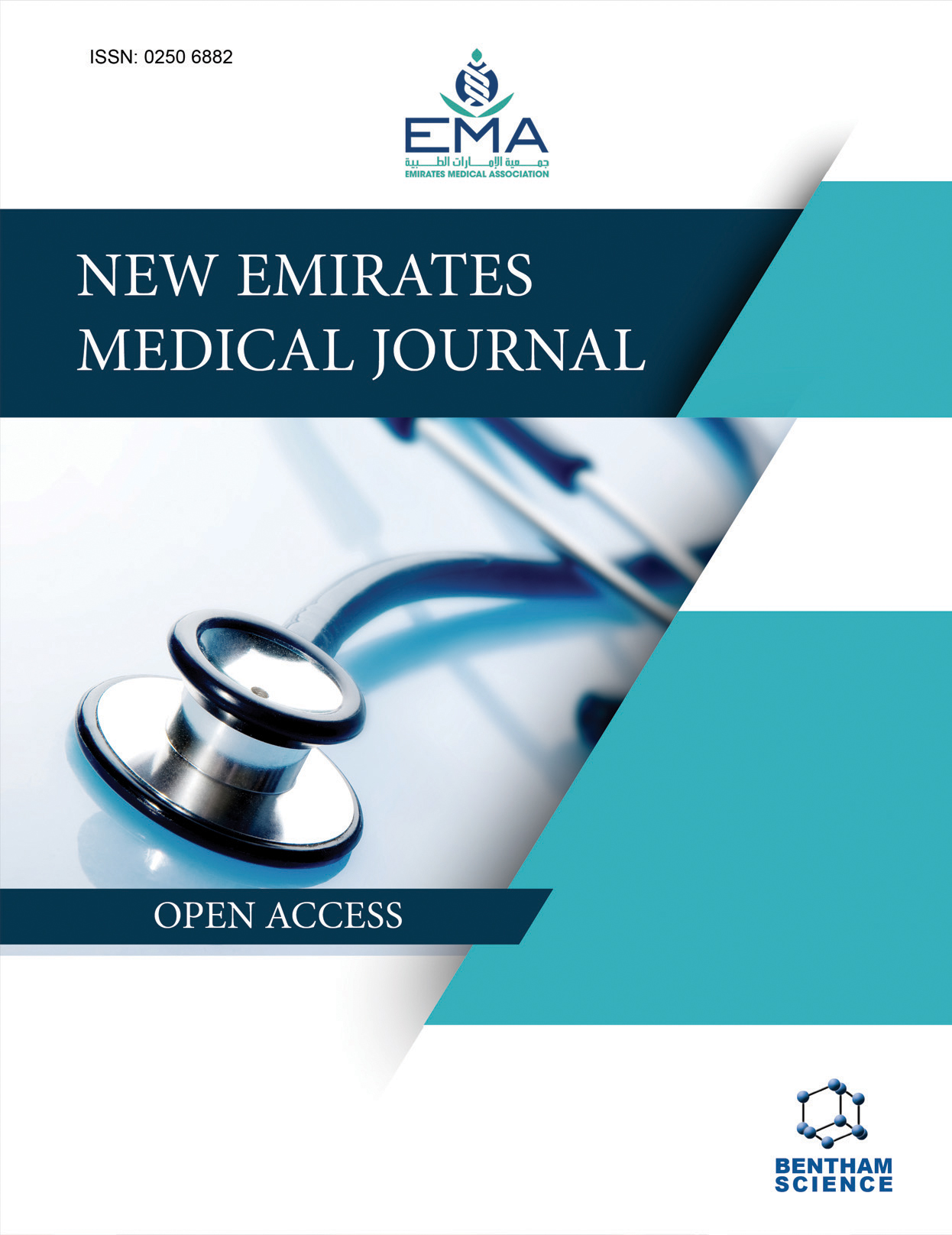-
oa Tracking of SARS-CoV-2 Variants of Concern by RT-PCR Assay in the Post-Pandemic Era
- Source: New Emirates Medical Journal, Volume 5, Issue 1, Jan 2024, e02506882268552
-
- 18 Jul 2023
- 28 Aug 2023
- 01 Jan 2024
Abstract
The global impact of COVID-19 resulted in widespread illness and death. The rapid evolution of SARS-CoV-2, accompanied by increased transmission caused by Variants of Concern (VOC), became a significant concern in the post-pandemic.
This study has been conducted to evaluate the performance of multiplexed real-time reverse transcription-PCR (RT-PCR) assays for COVID-19 detection and the use of specific mutation RT-PCR-based approach to identify VOC in SARS-CoV-2 positive samples in the northern part of the UAE.
We selected 200 respiratory specimens tested between October 2022 to January 2023, at the Pure Lab, COVID Screening Lab, Al Qassimi Women's and Children's Hospital, Sharjah, UAE. We evaluated the performance of four commercially available RT-PCR kits for COVID-19 detection. Further, the positive samples were used to identify variants by variant detection kit as required for mutations in Spike protein (HV 69-70 DEL, N501Y, E484K, K417N) to identify Omicron, British and SARS-CoV-2 wild type (WT) E Gene variants, respectively.
In the post-pandemic period, 153/200 (76.5%) positivity was observed. There was a higher prevalence of COVID-19 among males, accounting for 52% of the cases, in comparison to females 48% aged between 20-40 years. Variant analysis showed that 50 samples were detected for the SARS-CoV-2 OMICRON variant (B.1.1.529), 4 samples were detected for the SARS-CoV-2 British variant (B.1.1.7), however, 99 samples were detected for SARS-CoV-2 wild type (WT) E gene with no mutation.
This study demonstrates the efficacy of a rapid and cost-effective RT-PCR assay designed to detect spike mutations to effectively contribute to public health response efforts. Additionally, by performance evaluation of PCR kits for COVID-19 detection with the Cycle Threshold (CT) values obtained from diagnostic PCR, we can gather valuable insights into the viral load of samples. This information helps us gauge the extent of transmission and assess the severity of the disease within the population.


